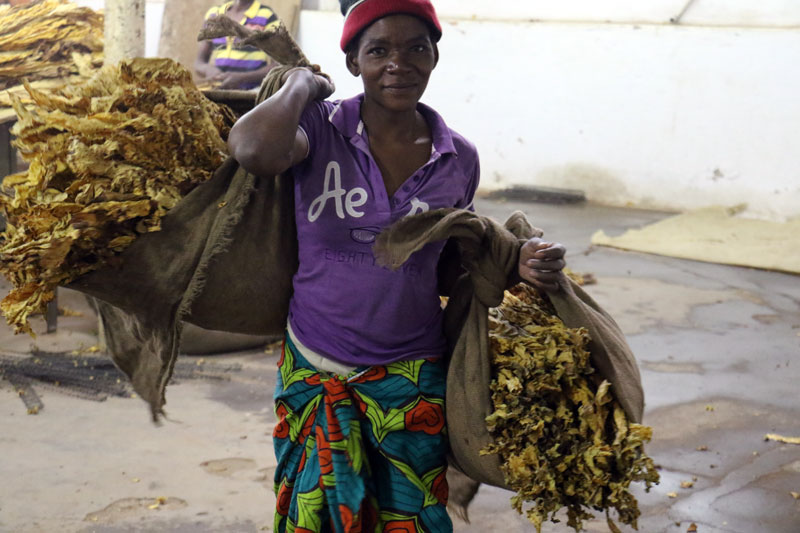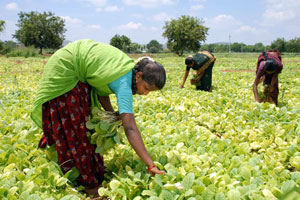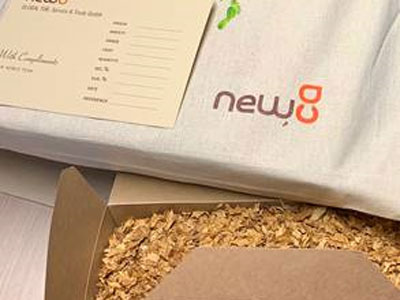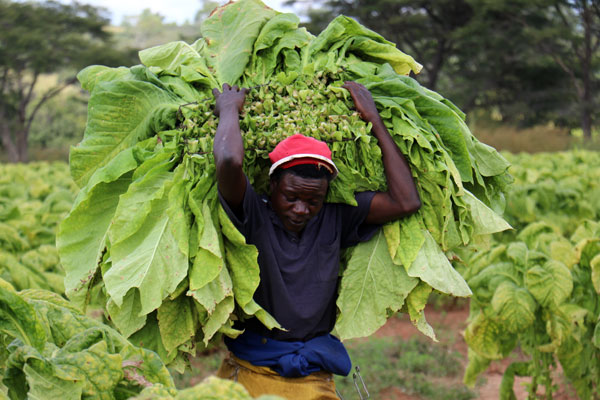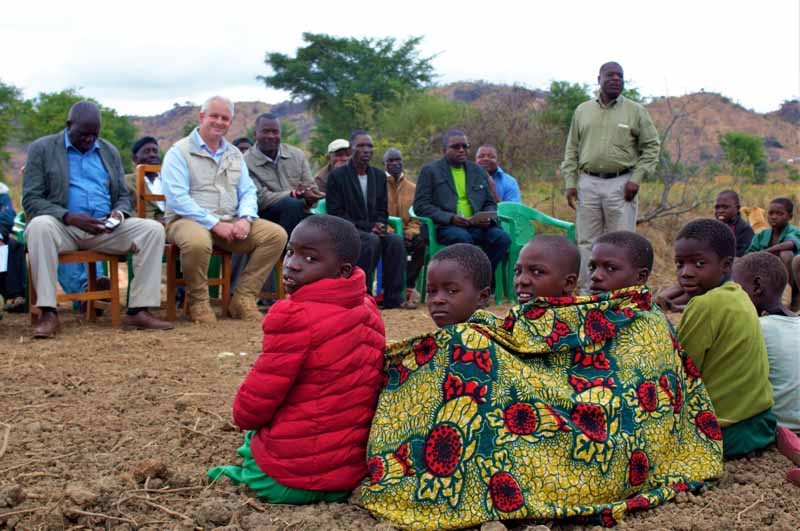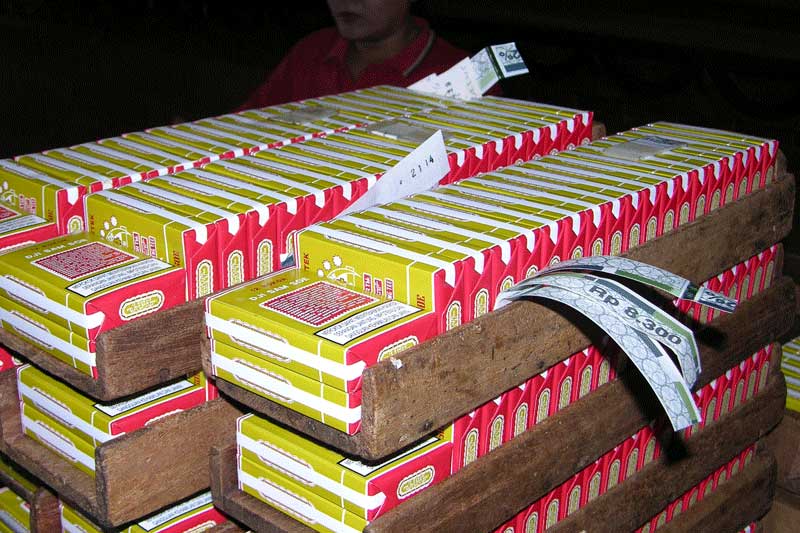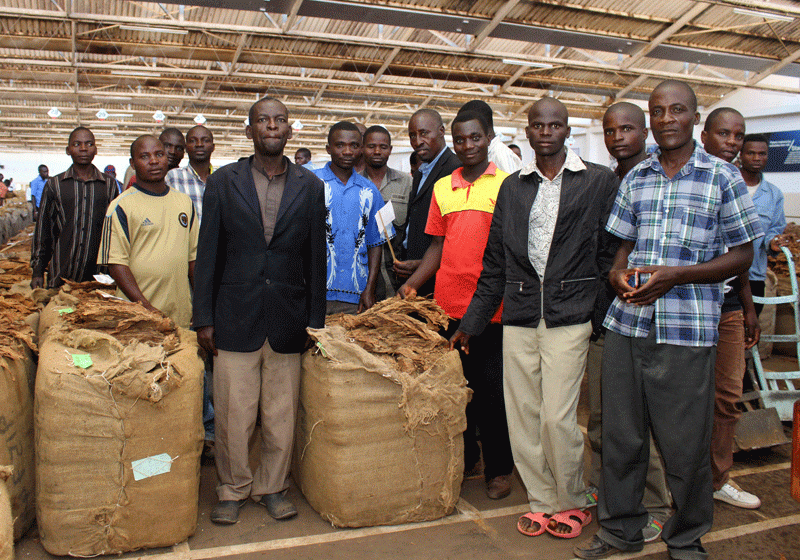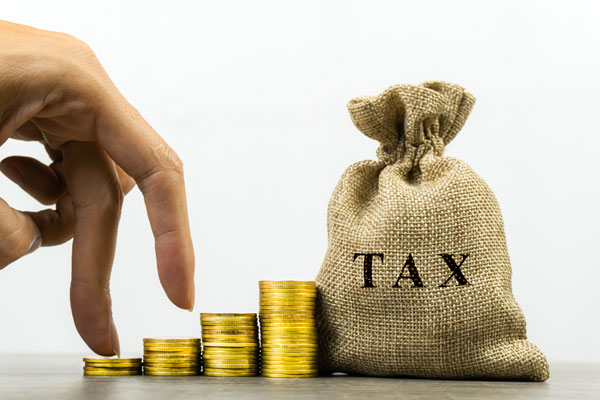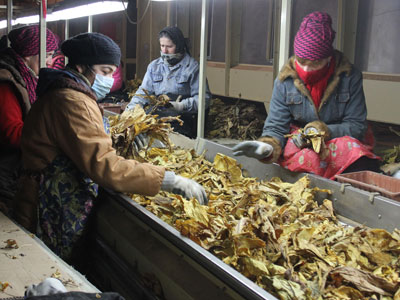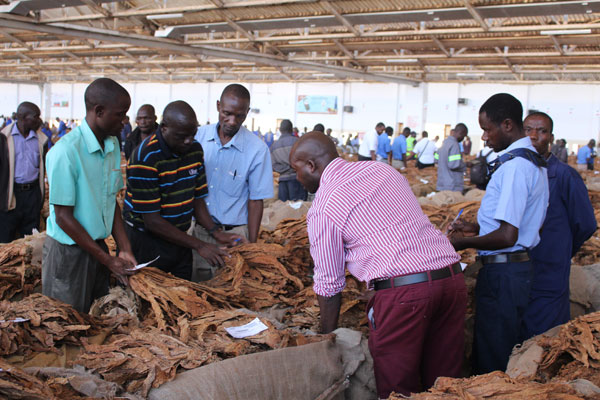The number of farmers who have registered to cultivate tobacco in Zimbabwe is 15 percent lower than it was this time last year.
Statistics from the Tobacco Industry and Marketing Board show that as of Nov. 30, 140,257 farmers had registered to grow the crop, down from 165,130 last year, while hectarage under tobacco crop dropped to 35,998 hectares from 42,000 hectares.
Industry representatives attribute the decline to currency reforms and poor prices in the past selling season.
“Truth be told, farmers have lost interest in tobacco farming,” said the Zimbabwe Commercial Farmers Union president, Shadreck Makombe. “They felt cheated from last season. The cost of labor input was not commensurate with their earnings.”
In the past season, the average price of the golden leaf was $2 per kg, down from $2.92 the previous season.

